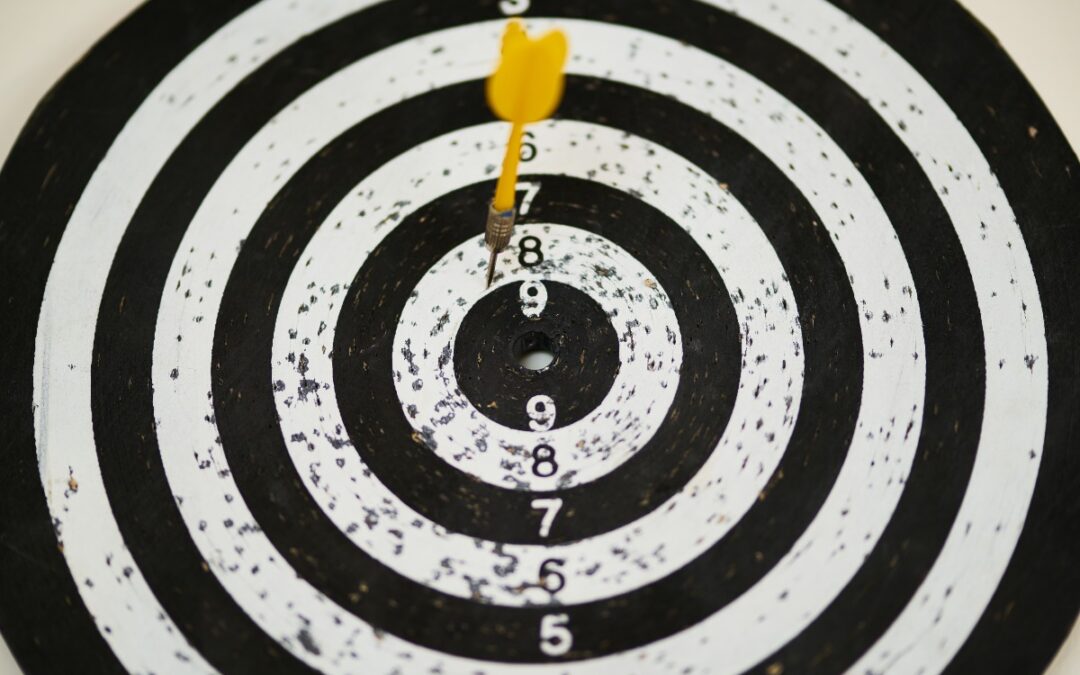Establishing goals is a very important aspect of recovery. Goals allow you to set a vision for moving forward and understand what your desired state is as you move along through the process of recovery. It can be easy for many individuals to think of long-term goals. Deciding where they want to be in the distant future is easier to imagine for many individuals than where they want to be in a month. That is why establishing short-term goals can be a more difficult task. However, working toward short-term goals is vital for sustaining motivation.
What Are Short-Term Goals?
Short-term goals are goals that can be accomplished within a short period. This includes daily goals, weekly goals, and monthly goals.
Long-term goals require a longer duration, such as months or even years to complete. These goals can be broken down into smaller steps that help you move closer to accomplishing the goal in the future. Those smaller steps can be short-term goals in themselves. Creating smaller, obtainable goals is a great way to break down these larger goals and show the success you are achieving along the way.
Benefits of Short-Term Goals
Establishing goals can provide you with many benefits. Having goals in place allows you to schedule your desires moving forward and set up a plan that leads you to success.
One of the key benefits of short-term goals is increased motivation. Accomplishing short-term goals increases levels of motivation for people in recovery. Only using long-term goals can feel exhausting. Short-term goals allow you to see the rewarding aspect of your hard work, encouraging your level of motivation to continue. Utilizing short-term goals can help you climb toward success in recovery.
Ideas for Short-Term Goals
The short-term goals that you choose to implement are up to your discretion. There is no right or wrong answer to creating goals. It may be helpful to have your short-term goals build toward your long-term goals, but it is important to be flexible.
Reviewing the following examples can help you brainstorm what short-term goals you might set for your recovery.
1. Reaching Sobriety
Reducing substance use and reaching a state of sobriety is a common goal in early recovery. Recovery maintenance is considered a long-term goal because it cannot be achieved in a brief period. Detoxing or slowly reducing your substance use with supervision from a medical professional can be short-term achievements that help you reach sobriety.
Goals to help you reach a state of sobriety maintenance can also be useful in reducing potential opportunities for relapse. With each short-term goal you implement, you are building the skills necessary to maintain sobriety in your future.
2. Developing Coping Skills
Implementing coping skills is another great focus when establishing short-term recovery goals. When beginning your recovery journey, you likely have very few healthy coping skills to depend upon when hardships arise.
To help you work on your coping skills, you might set a goal of learning one new coping skill each week. Alternatively, your goal might be to practice a total of three coping mechanisms throughout the week when the situation is appropriate. The numbers and specifics of these goals can be altered to your current needs. Keeping a focus on developing and establishing healthy coping mechanisms can also tie into the long-term goal of sobriety maintenance.
3. Incorporating Self-Care Practices
Another great base to consider when implementing short-term goals is the potential of incorporating self-care practices into your daily routine. If you are not in the habit of utilizing self-care practices, jumping to add many of them into a daily routine can be overwhelming. Set goals to incorporate these practices slowly, learn new forms of self-care, and experiment to determine which practices resonate the most with you.
As you begin to understand the practices that benefit you and you feel more comfortable with them, you can increase the frequency of the practice and set a goal that allows you to turn that action into a habit. Creating habits is typically considered to be a long-term goal, but the small steps that are taken to implement that habit are short-term goals.
Make Your Goal Attainable
When creating short-term goals, it can be difficult to determine if your goal is attainable. Using the SMART acronym, you can determine if your goal is specific, measurable, achievable, realistic, and timely.
By reviewing each of these specifications, you can ensure your goal will be able to be completed and properly aligns with your needs. When creating long-term goals, using the SMART goals process may help you to determine some short-term goals that you can implement into your recovery process.
If you are unsure about how to make your goals SMART, reach out to your treatment team. They can work with you to help you set goals for your recovery.
Goals are an essential aspect of the recovery process. Many people understand the importance of goals but do not differentiate between long-term and short-term goals. Having short-term goals in place is a great way to break your long-term goals into steps and reward yourself for the small milestones you reach along the way. This recognition can help you retain the motivation to continue working toward your long-term recovery goals and maintain sobriety. Reviewing some examples of potential short-term goals can help you determine which goals would benefit you to implement and how to cater these goals to your recovery needs. To learn more about short-term goals and how to implement them, reach out to Dream Recovery at (949) 732-1960.


Recent Comments